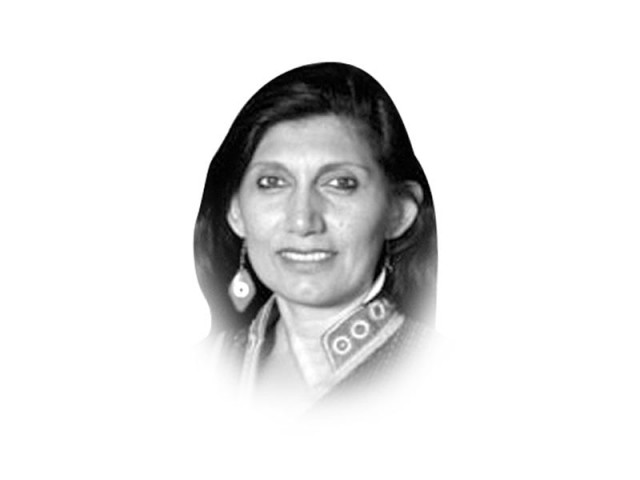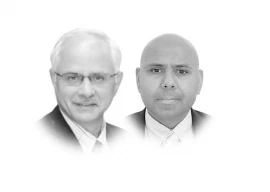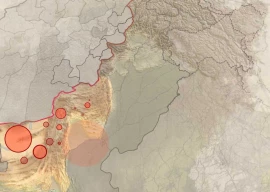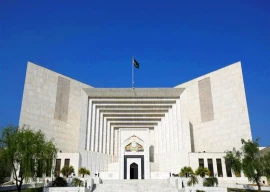
When we think of the 1950s, 60s and 70s, we have vivid images of women in professions ranging from agricultural fields to teaching and even in senior policymaking. There is no doubt that the range of jobs has expanded to include judges, parliamentarians, restaurant workers, media professionals, fighter pilots and police commandos. But as the number of working women has increased, so too have the constraints they face on a daily basis.
The future political debate and agenda-setting of our political parties has to include concrete steps to develop a more supportive environment for working women. Poverty reduction has been a flagship agenda for international donors as well as our own government for many years. The focus has often been on handouts and high-cost input programmes through social welfare projects. It is high time that poverty reduction strategies move on from small handicraft initiatives to addressing the constraints that prevent women from entering mainstream employment in ever greater numbers.
A truly enabling environment must first and foremost address the issue of transportation. Women have proven their conviction to advance themselves despite inadequate public or private transportation. Driving two-wheelers has long been restricted to males. Our city bus systems have never fully met their needs, while taxis and rickshaws are too expensive an option in light of their meager salaries. Solid programmes for providing good public transportation options would play well with women voters.
Often because of poor transportation, most Pakistani working women remain in the informal sector with a large percentage working at home. There is a need to provide a safety net for these vulnerable women. The current social security laws inadequately cover women workers. New legislation and implementation of current policies for home-based workers and women in the informal sector need to be high on the agenda of our next government.
The struggle for equal pay for the same work needs to be highlighted. In many areas of central and south Punjab, the daily wage of a woman farm worker, e.g., a cotton picker, is exactly half that of a man who picks the same amount of cotton. In addition, private as well as government employers have been quite miser in giving women their rightful benefits under the law for maternity leave, sick leave and promotions.
Among the positive steps already taken, the laws against sexual harassment stand out. This legislative package not only addressed the issues in the organised workplaces, but also stamped the legitimacy of women to enter all work and public spaces. Despite years of militancy and chauvinism aimed at pushing women behind the four walls of their homes, they have continued to assert their right to be economically active citizens. Although still in process, the implementation of these laws has shown concrete results. Sexual harassment cases filed by women under these laws now number in the thousands. Still, the provincial governments need to address this issue more seriously.
The list of pressing issues faced by working women will never be reduced until our political parties recognise that women’s issues are not just petty complaints. The constraints faced by one-half of the electorate affect the progress of the entire nation. Simply because they have been ignored over the decades does not mean that they are not vital to our nation’s economic health. After seeing the broad appreciation shown for some gains made during these past five years, no party can afford to ignore women’s issues any longer. The debates during the coming electoral campaign will need to be real and the proposals will need to be concrete.
Published in The Express Tribune, December 23rd, 2012.








1728386780-0/BeFunky-collage-(38)1728386780-0-270x192.webp)



COMMENTS
Comments are moderated and generally will be posted if they are on-topic and not abusive.
For more information, please see our Comments FAQ